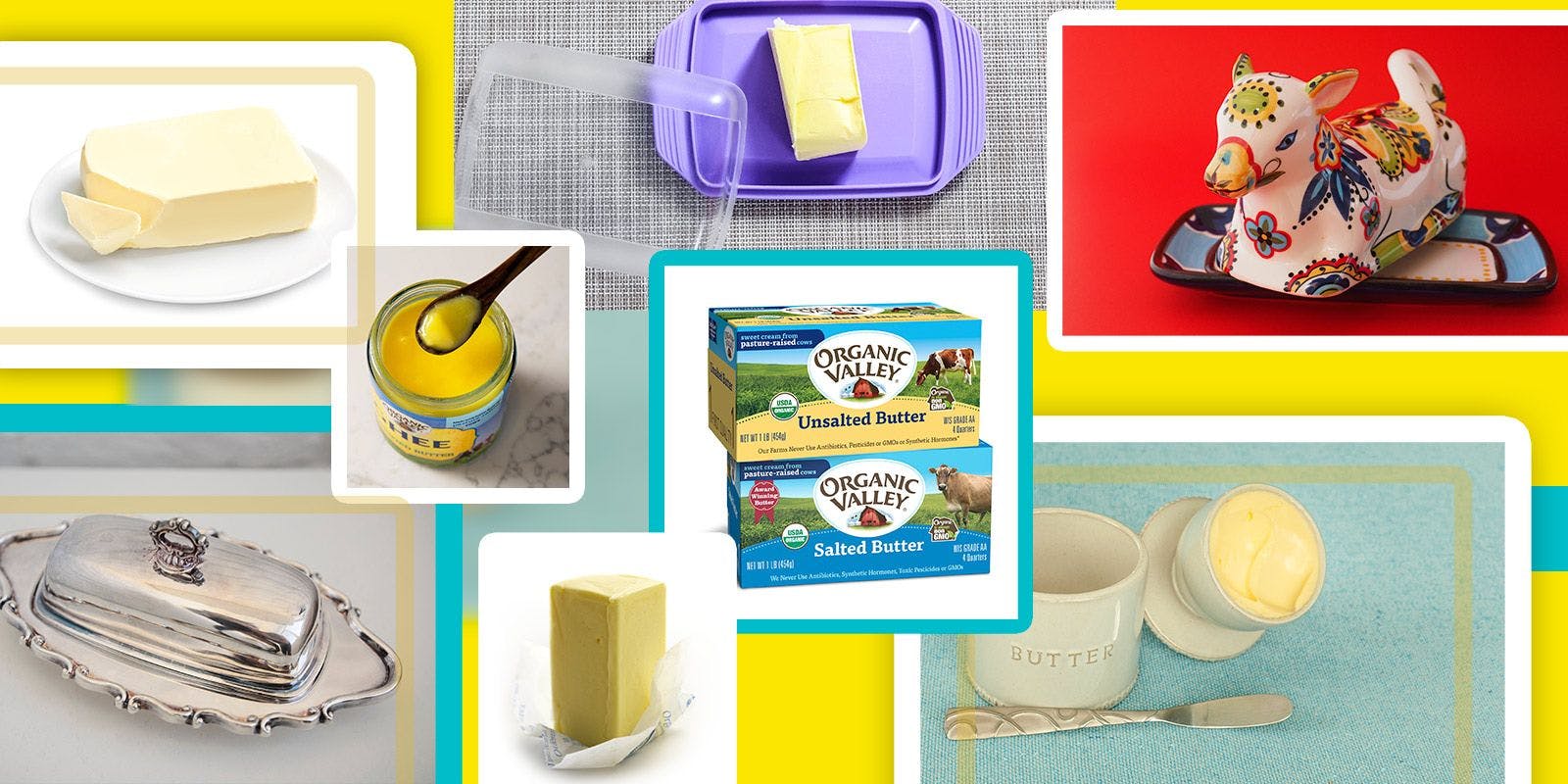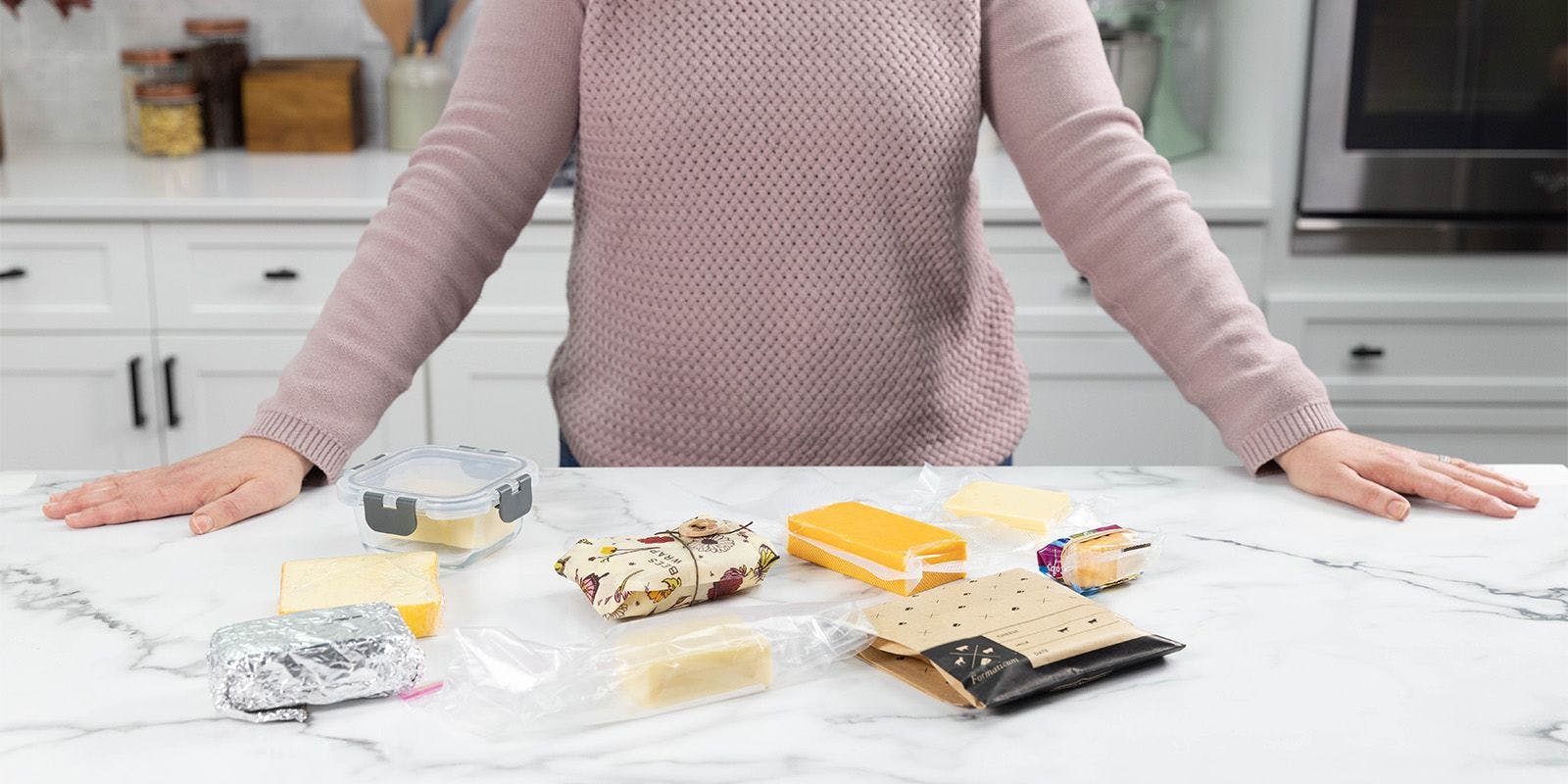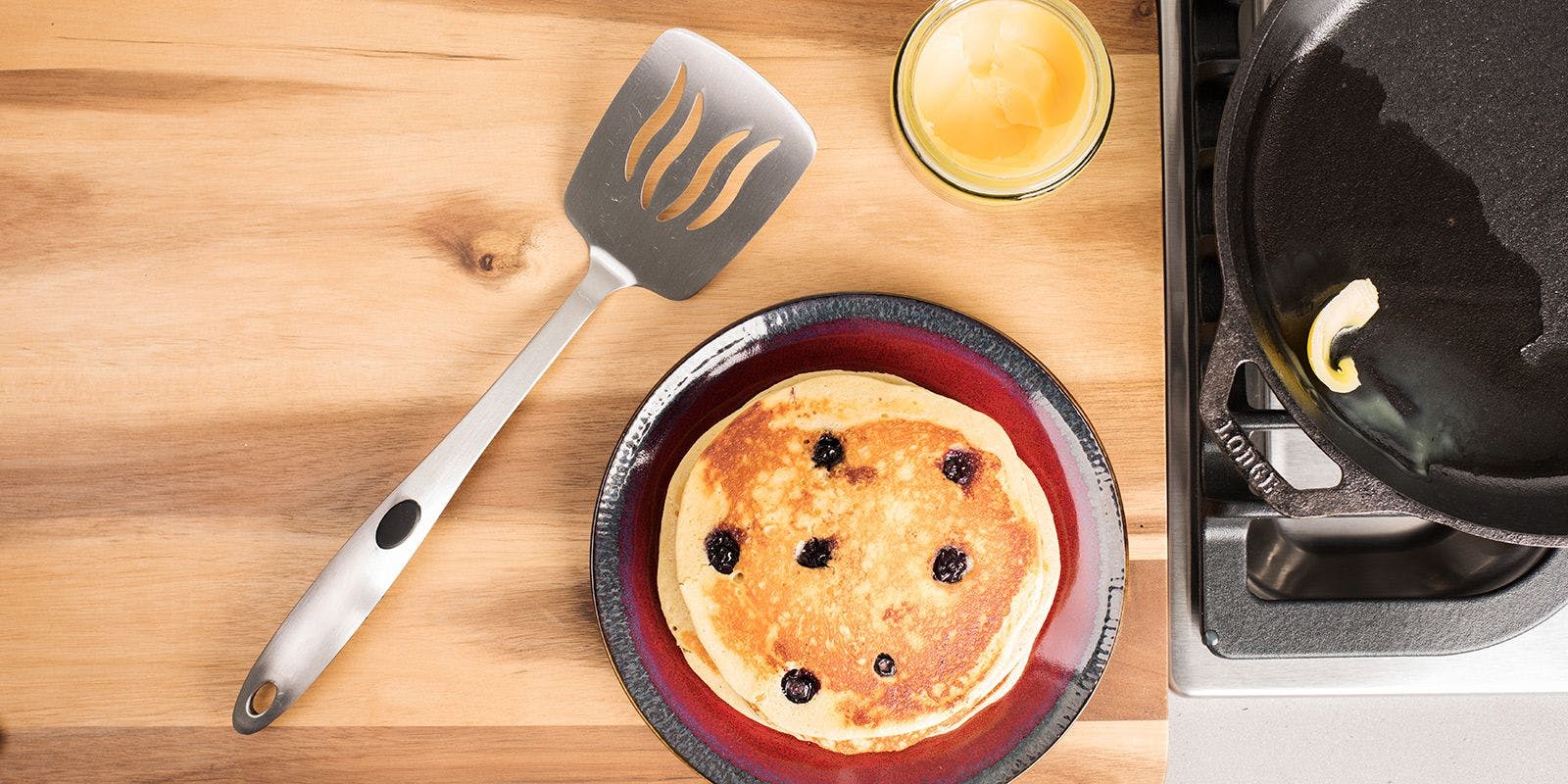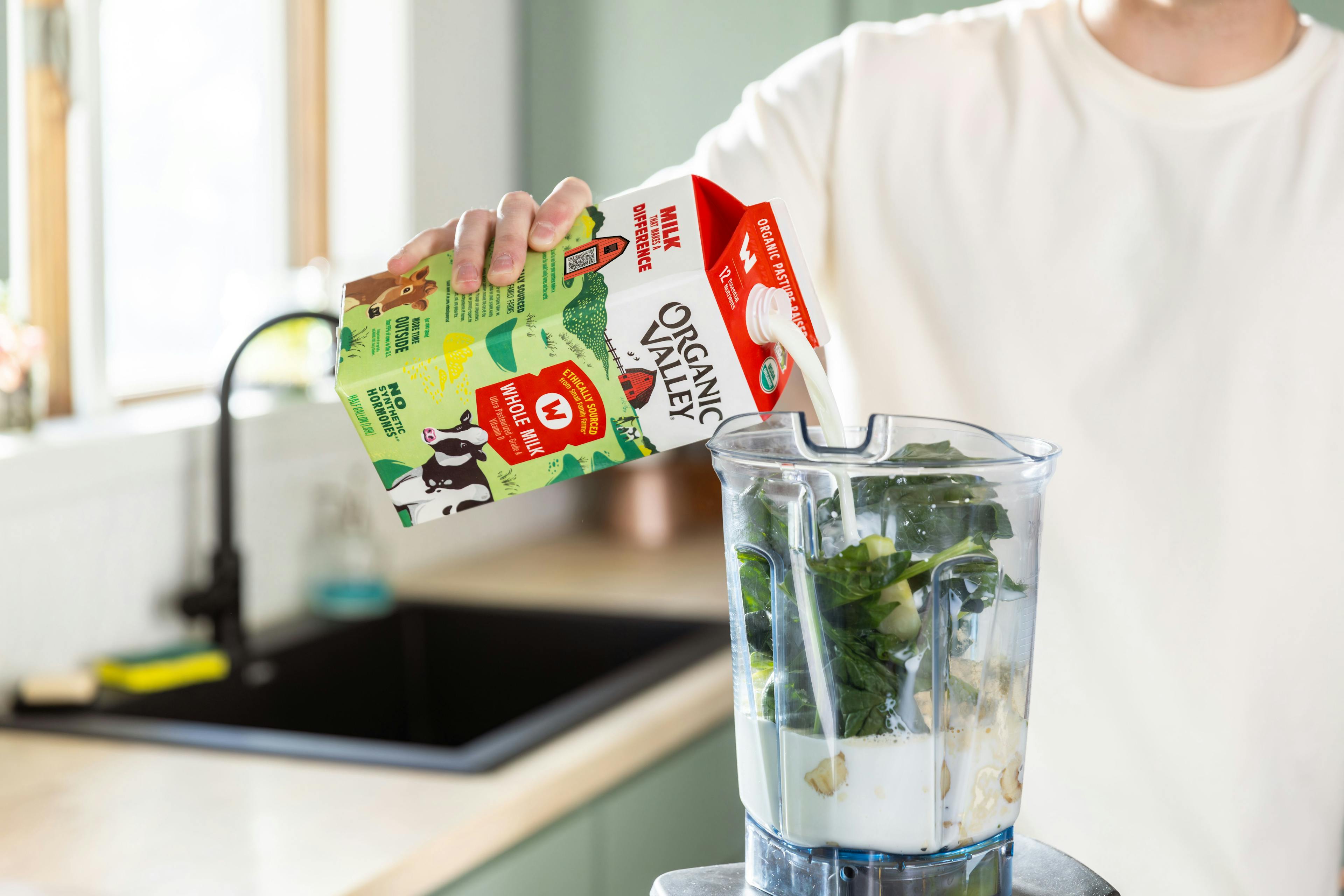
Food
Can You Freeze Milk and Other Dairy Products?
During times of uncertainty, people are naturally inclined to keep a few extra essentials on hand, but best practices for storing things that aren’t already shelf-stable aren’t always clear. So we’re taking a quick dive into the dairy case to sort out, once and for all, what you can freeze, what you can’t, and why.
Milk
Before you read any further, take a wild guess: Can you freeze milk to use it later? The answer, which might surprise some of you, is yes! And doing it correctly is surprisingly easy, too.
If you’re planning to freeze milk before its expiration date, put it in small, airtight, plastic containers leaving space at the top for the liquid to expand as it freezes. Don’t leave it in its original container.
When you’re ready to use the milk you’ve stored away, simply move it to the fridge to thaw. You’ll notice the texture might change a little bit because proteins and fats freeze at different rates than the water in milk, but it’s nothing a good shake and an energetic stir can’t fix. Just note that, although it’s totally safe to freeze milk for up to three months, once it’s thawed you should use it within 7 days.
Bonus! Try freezing Organic Valley Chocolate Milk in popsicle molds for an easy treat.
Butter
Butter is probably the easiest dairy item to preserve for later: simply stick it in the freezer in its original packaging and take it out to thaw when you’re ready to use it. Ghee is even easier because it doesn’t require refrigeration at all, even after it’s been opened!
Organic Valley’s butters can be refrigerated for 4 months and frozen for up to 1 year. Easy peasy!
Cheese
Whether cheese can be frozen for later depends entirely on the type of cheese. Semi-soft cheeses like mozzarella, jack-style cheeses, and mild cheddar store easily in the freezer, especially when pre-shredded.
On the other hand, hard and semi-hard cheeses like aged cheddar or parmesan get crumbly when frozen and don’t produce nearly as delicious results. And extremely soft cheeses like cottage cheese, brie, and ricotta should be avoided as they will separate.
Like milk, freezing cheese can extend its life considerably, but thawed cheese should be used immediately. You can add frozen shredded cheeses directly to pizza, eggs, and baked goods like cheesy scones and corn muffins without even thawing.
Yogurt
Yogurt is one of those dairy items that you just shouldn’t try to freeze.
While it can be done, experts (and we at Organic Valley) warn against it because the texture is compromised, and freezing yogurt can kill all the happy little probiotic cultures that make it such a superfood. Trying to freeze it just isn’t worth the loss of pleasing texture or helpful microorganisms.
Thankfully, cultured products like yogurt often have a longer shelf life, so you should have a bit more time to eat them up.
Eggs
Eggs are another common dairy case item that you can freeze successfully with just a little bit of preparation. While sticking a whole egg, shell and all, in the freezer will crack the shell as it expands, cracking eggs into a bowl, whisking them lightly, and freezing in a freezer-safe container will do the trick.
Cracking eggs into greased muffin tins or plastic egg cartons (1 egg per compartment), or pouring beaten eggs into greased ice cube trays (these equal about ½ egg each), allows you to use only as many eggs as you need while keeping the rest safely frozen. Once frozen, pop them into a freezer bag for storage. In addition, you can separate the whites from the yolks and freeze each separately. We don’t recommend freezing whole hard-boiled eggs.
Thaw your eggs in the refrigerator, and use as you normally would! Here are some handy tips for what to expect when thawing and using your frozen eggs.
Armed with this information, you can extend the use of many of your favorite dairy products—bringing a little more peace of mind to your household and perhaps a little extra savings to your budget, too.
Related Articles
- Tags:
- cooking & entertaining,
- organic & sustainable living


















